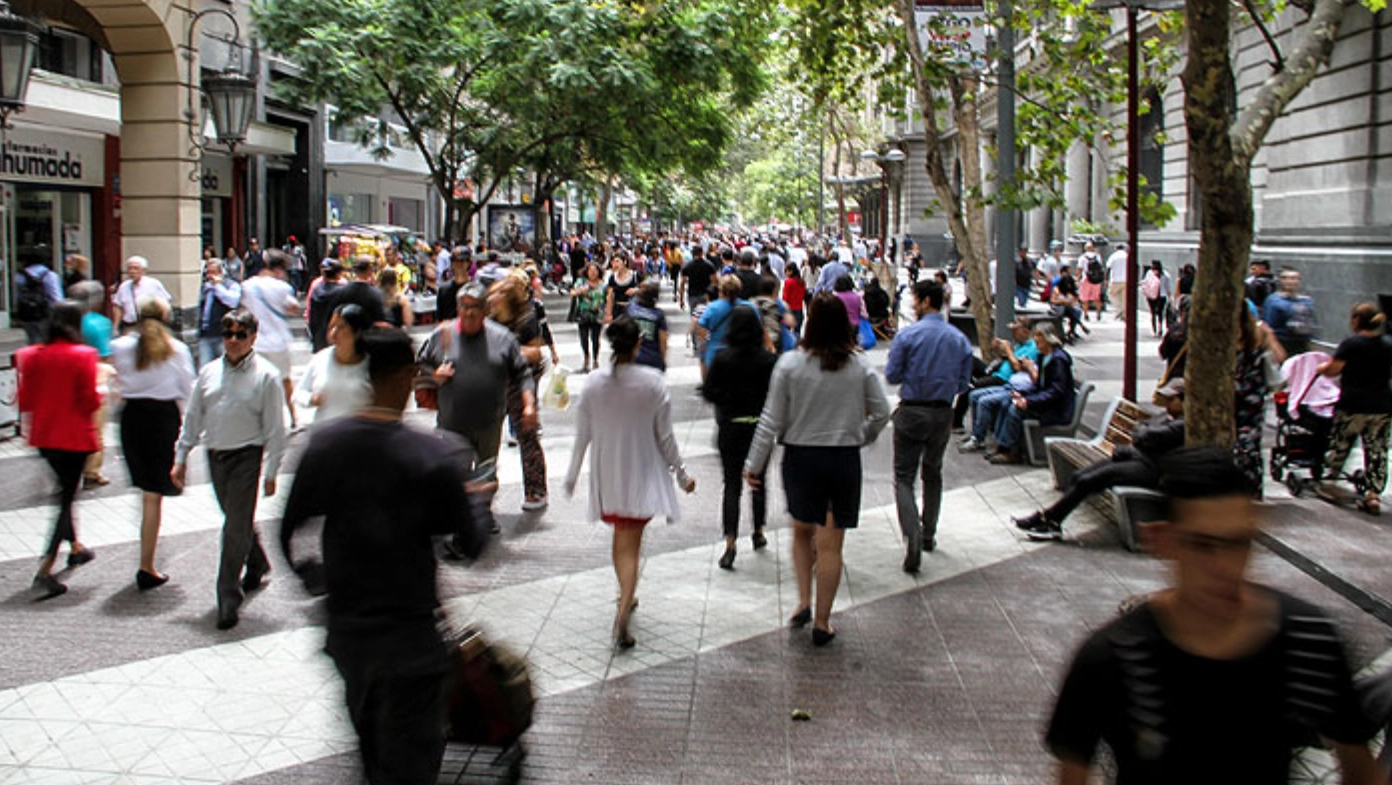Opinion polls are crucial in democratic societies. When conducted properly, they offer a clear perspective on democratic sentiment, the impact of campaigns on voters, and citizens’ priorities that candidates should address. Additionally, they are essential for evaluating the performance of governments and elected representatives, capturing citizens’ attention, particularly in the lead-up to national elections. However, in countries where pollsters can conduct surveys in the days preceding elections, but cannot publish them, inequalities in access to information arise. That is because pollsters can share results with clients, granting access only to those who pay. The public, on the other hand, lacks access to pre-election information.
Since 1984, Wapor and Esomar, the two most significant survey associations globally, have conducted a periodic study on the state of surveys worldwide, promoting the freedom to publish polls. This joint project, undertaken every five years, included 157 countries in its most recent edition, concluded in late 2022.
The latest report shows that globally, half of governments restrict the publication of survey results before elections. Latin America is the region with more countries reporting some form of restriction. Fifteen out of the eighteen studied countries have a pre-election blackout period, although Brazil, Guatemala, and Suriname are exceptions.
Embargoes in Latin America are also lengthier than in other parts of the world. Half of the region’s countries have blackout periods exceeding seven days, while globally, two in ten countries impose restrictions lasting over a week. Latin American nations with the longest blackout periods are Bolivia (30 days), Chile and Panama (15 days each). However, Uruguay and Argentina have the shortest blackout periods, each lasting only 2 days.
Government control over surveys is further expanded in Latin America. Many countries in our region have a government body overseeing electoral polls, and several have faced new restrictions or legal issues in recent years.
The Wapor-Esomar report indicates that political leaders in countries like Brazil and Greece have previously suggested that pollsters should be fined or even jailed if their surveys did not align with election results. Meanwhile, Russia designated one of its prominent independent pollsters as a “foreign agent.”
In Ecuador, in 2017, government forces seized computers and arrested employees of a polling company for their exit poll results in the presidential elections. A few months later, during Chile’s presidential elections, surveys showed the third candidate far behind their preferences, leading to accusations of political influence on the polls. However, the 15-day pre-election embargo in the country prevented the public from tracking opinion changes during the final weeks of the campaign.
Notable changes in these regulations are not anticipated in most countries in the near future. Five years ago, Latin America displayed particular pessimism regarding the expansion of publication embargoes. Nowadays, however, negative expectations have lessened, with only one in ten countries expecting stricter measures.
It’s worth noting that blackout periods for publishing polls are not the only issue. Latin American pollsters increasingly encounter difficulties conducting surveys, with budget cuts and low response rates. Methodological quality of surveys is also questioned in our region: only six out of ten respondents consider the quality to be good. Additionally, Latin American journalists face criticism for the quality of information they provide about survey results. Lack of understanding of the survey, partial result publication, and omission of relevant details like methodology were cited reasons for poor quality. This highlights the need to deepen the information and training provided to journalists.
Survey methods are changing. In 2017, relatively few countries used online surveys as a research method, but now over three-quarters do. Despite these changes, face-to-face interviews remain one of the survey methods all companies offer.
The report also highlights notable challenges that pollsters in Latin America face. While challenges are clear, particularly in Latin America, so is the opportunity to enhance and strengthen the practice of surveys worldwide.
*The full report can be accessed here: The Freedom to Conduct and Publish Opinion Polls
** Translated by Ricardo Aceves from the original in Spanish.











